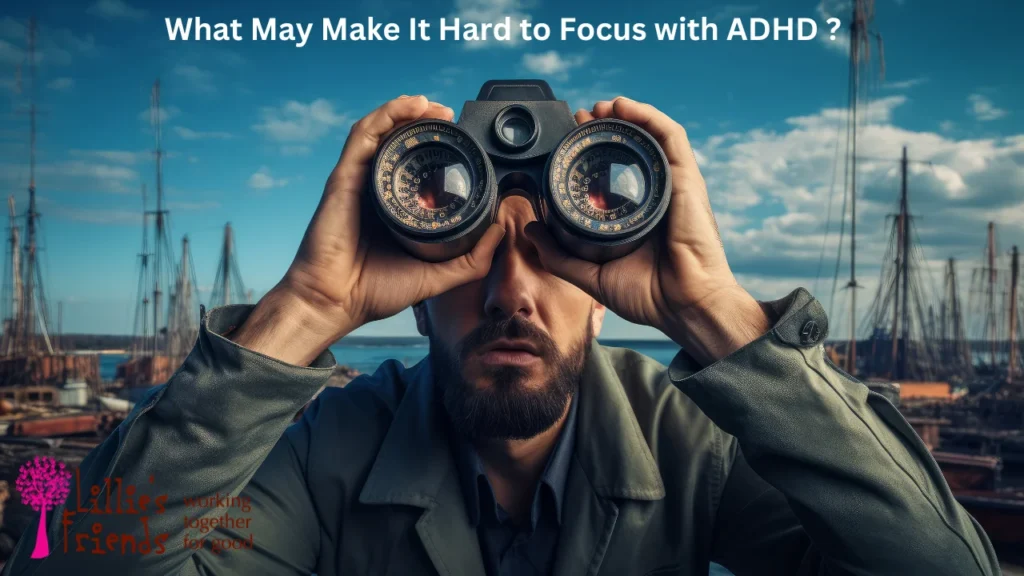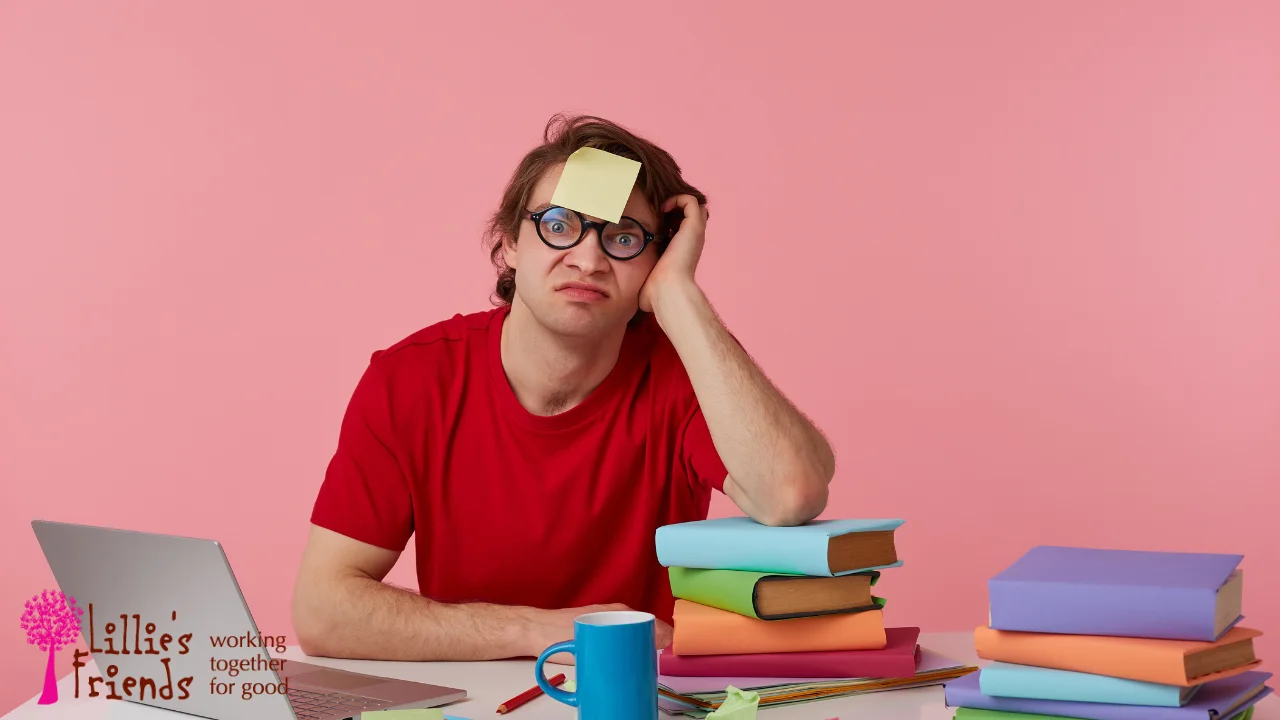The mental illness known as attention deficit hyperactivity disorder (ADHD), which has an impact on behavior, affects 6.76% ↗ of people worldwide. The illness is characterized by impulsive, hyperactive, and restless behaviors; sufferers may also have difficulty maintaining attention on activities.
A person’s life is negatively impacted by their inability to concentrate. A person with a short attention span is often distracted, which results in many unfinished assignments. These individuals are also prone to making thoughtless blunders since they are unable to focus on instructions and details. It could have an impact on their emotional, social, and professional lives. We’ll go into more detail on the causes of inattentiveness in this essay, along with some helpful hints for improving focus in people with ADHD.
What May Make It Hard to Focus?
Sometimes a person’s incapacity to focus results from a transient stress response. On the other hand, prolonged difficulty concentrating may indicate the presence of an underlying mental illness. There might be mental, emotional, or physical factors. Following is a list of a few of them:

Warning Signs and Symptoms
It’s possible that inattention is transient and not upsetting. However, you should think about seeing a specialist if you observe that any of the following symptoms are severe or persistent:
ADHD Medication That Aids in Controlling Inattentiveness
- Drugs
Typically, doctors advise using medications as the first course of therapy. Medications for ADHD (either stimulants or non-stimulants) alter brain chemistry and circuitry to help people concentrate.
- Counseling
A patient’s behavioral skills may be improved with psychotherapy. This method pushes people to continue honing their concentration skills while managing ADHD without the need of medication. In order to assist the patients better grasp how to remain focused with ADHD in everyday life by using certain tactics and mentality for each activity, the therapist instructs them in behavioral control, emotional regulation, and thinking pattern alteration.
- combination of medicine and treatment
For optimal outcomes, medical professionals often advise combining therapy with medication.
Adults with ADHD: Attention Management Techniques
While certain medications aid ADHD sufferers in increasing their level of attention, it is also possible to learn how to concentrate without medication. For example, the following methods might improve your ability to concentrate:
The method includes timing the amount of labor and relaxation using a timer. Individuals typically focus on a job for twenty-five minutes, followed by a five-minute break.
The individual need to deliberately concentrate on the good things in life or a particular circumstance. Seeking additional motivation to complete the activity, becoming motivated, and overcoming intrusive negative thoughts may all be helpful.
You may install ADHD productivity tools on your mobile device, and some of them come pre-installed. Reminders and planners for appointments and significant chores may be turned on. Web filters, voice assistants such as Alexa, Google calendar alerts, and other apps will also be beneficial.
To ensure that you understand the instructions and are able to consider all the factors, repeat them and ask questions about the specifics of the work.
Develop your ability to ignore distractions. For instance, mindfulness exercises may assist you in being more attentive and task-focused. The brain may become impervious to distractions by continually learning how to pay attention.
Although the effectiveness of this technique has not been fully established, certain ADHD patients may benefit from using electroencephalography biofeedback in terms of memory and intellect. The physician trains the brain to concentrate more effectively by using EEG monitors to track irregularities in brain activity.
- Jars of success. Jot down your daily accomplishments and put the notes in the jar.
- “Center of command.” For practical reasons, choose a certain area of your house. Among other logistical tasks, use the space for documents, books from the library, organizing mail, keeping the family calendar, and using a whiteboard for communication.
- pill and keychain holder. For quick access, put medications and keys in containers and display them in visible locations.
In summary
A disruptive disorder that may make life more difficult for a person is lack of attention. The illness may make it difficult for a kid to focus and do well in class. Adults may also have difficulties at work or in their day-to-day activities. Thankfully, inattentiveness may be controlled and treated using ADHD treatments.











